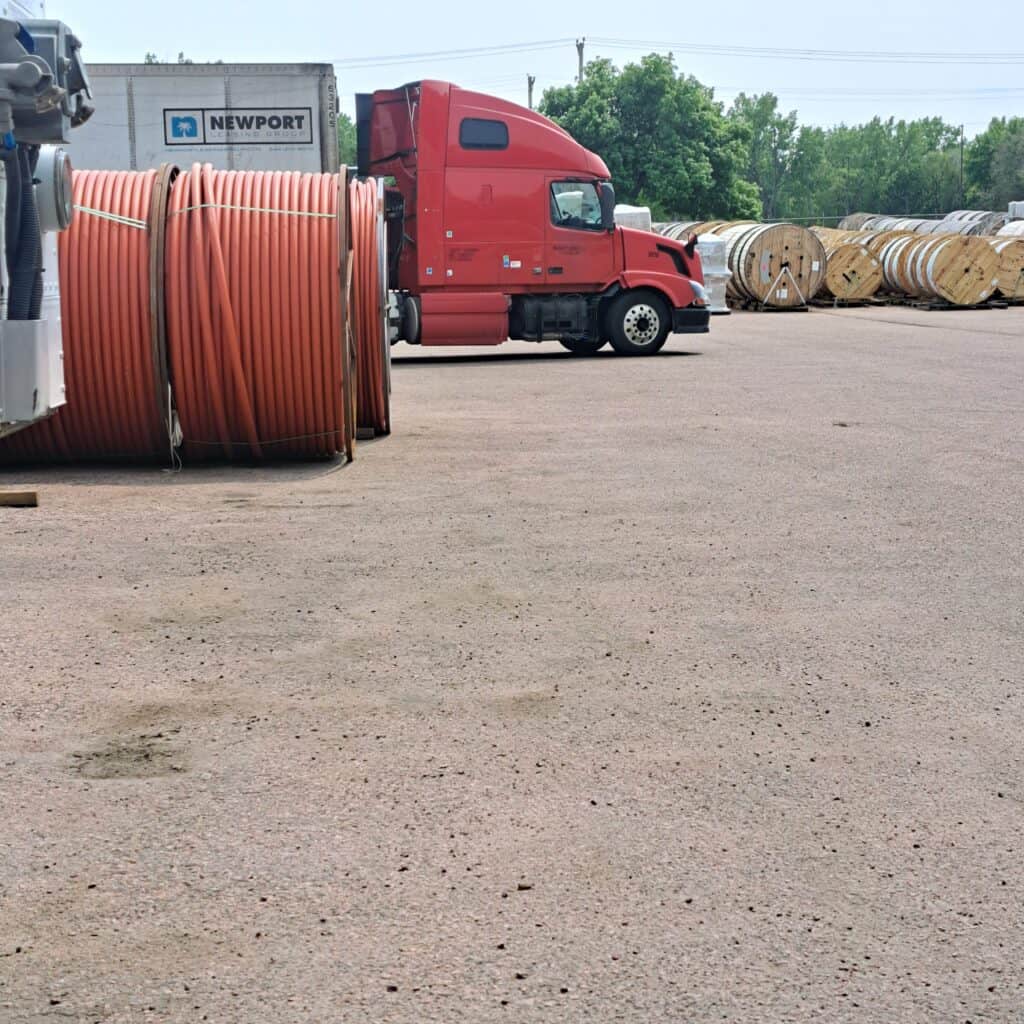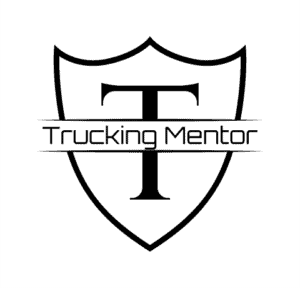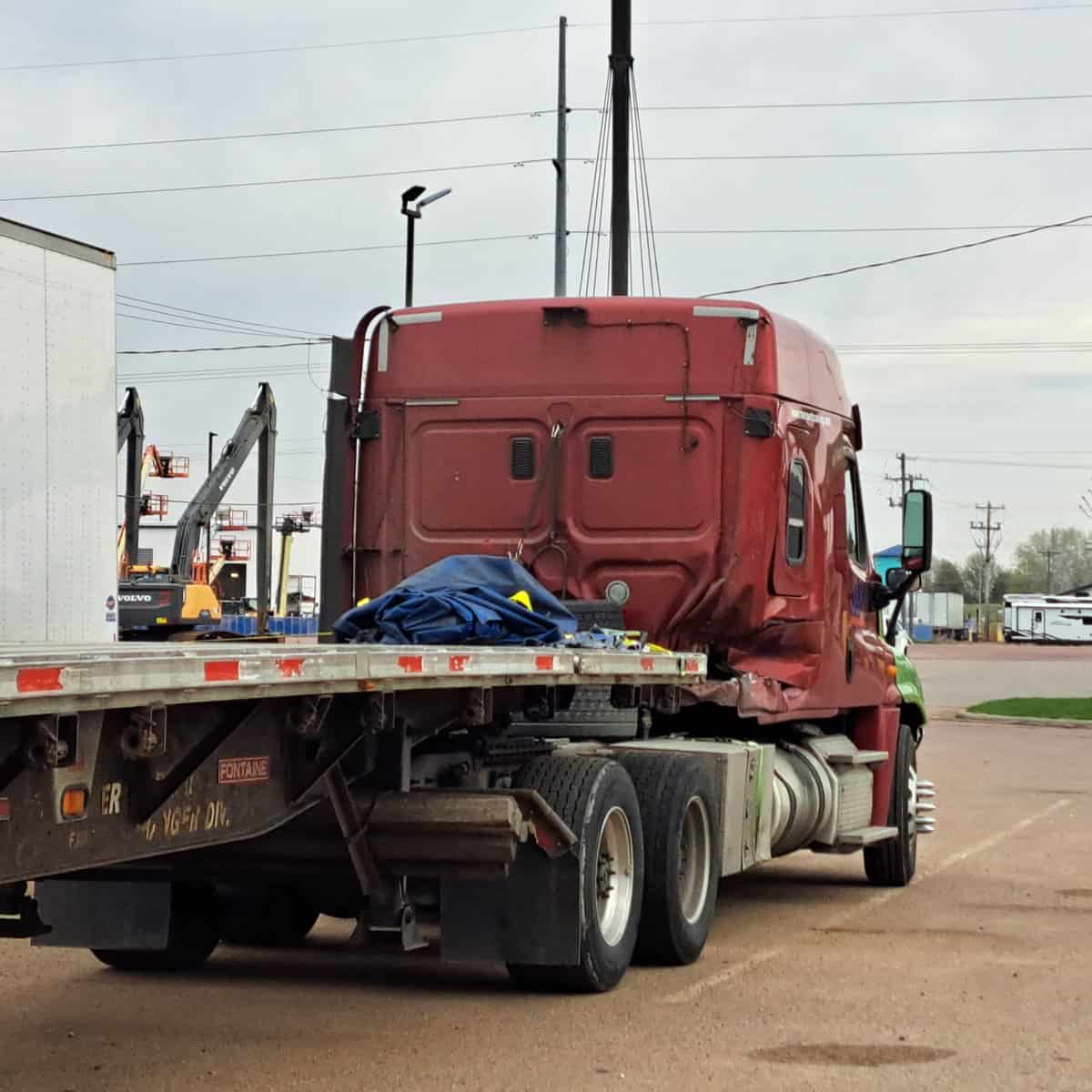Becoming a truck driver can provide a great living if you choose a good honest trucking company to work with, but not all trucking companies play fair. Some bad trucking companies do some shady things to drivers.
Let’s go over some of the shady things some companies in the trucking industry do.
Short Miles
Many truck drivers are paid based on the mileage they drive; not all companies calculate paid miles the same way though. There are three ways companies calculate paid mileage.
- Household Goods
HHG miles, sometimes referred to as short miles, are calculated from zip code to zip code using the absolute shortest legal route with no regard for efficiency. While the routing given by HHG miles is often shorter, it is usually less desirable and more time-consuming. HHG miles will route a driver down small roads and through the center of large cities to save a few miles. As a result, this method can sometimes result in a variance of up to 15 percent between actual miles driven and miles paid if the driver takes a more sensible and efficient route.
- Practical Miles
Practical miles are also calculated from zip code to zip code but are designed to take a more practical and efficient route than HHG miles. Practical miles are generally relatively close to the actual miles driven if the driver chooses an efficient route to their destination. Often this method of calculating miles will fall a few miles short of actual miles driven but is generally fairly close.
- Hub Miles
Hub miles are the actual miles the truck drives between one destination and the next. Hub miles are the most accurate way to pay a driver, but few companies pay drivers based on hub miles.
Taking a job with a trucking company that pays HHG miles will mean you are not getting paid for up to 15 percent of the miles you actually drive.
No Overtime
While most employers are required to pay overtime after 40 hours of work, that is not always true in the trucking industry.
The 1938 Fair Labor Standards Act exempts motor carriers who operate in interstate commerce from paying overtime to several classes of employees. This includes truck drivers.
Many companies take advantage of this exemption to avoid paying overtime. Since truck drivers often work 60 to 70 hours each week, this exemption can result in significantly less pay than they would earn if they were eligible to receive overtime pay.
You can check out a fact sheet for this exemption on the US Department of Labor website here.
Bait and Switch
The bait and switch is alive and well in the trucking industry. Unscrupulous companies and recruiters love to paint a beautiful picture for a prospective driver. They often tell them they are being hired for a sweet route or misrepresent the working hours and pay. When the driver arrives at orientation, they can sometimes find that they were lied to.
Many drivers have been hooked by being promised a high-paying dedicated route only to find that the position is not open, and they will be placed in a less desirable or lower-paying position until a slot opens up on the account they are interested in.

Lease Purchase
Lease purchase agreements are big business in the trucking industry these days. Trucking companies love them because they are profitable for them. Many of these lease purchase agreements have contracts that heavily favor the trucking company. Some of them are downright predatory.
Often these agreements are also pushed heavily on new and inexperienced drivers just entering the industry. Entering a lease agreement without adequate capital reserves and minimal industry experience often results in a driver failing to complete the lease and walking away with a large amount of debt they are responsible for repaying.
1099 Pay
Many trucking companies love to misclassify their drivers as contractors and pay them on 1099. This is not only illegal, but it is also usually a terrible deal for drivers.
As a contractor, you are not covered under the company’s worker’s compensation plan, not eligible for unemployment, and you will face a higher tax burden because you are now responsible for paying all of the taxes relating to your employment. The company gets to skip paying all of that.
Often these jobs advertise slightly higher pay than the average company-driving job. At first, many uneducated drivers are pretty happy with this. With a slightly higher pay rate and no taxes being taken out of their check, it can seem like they are making great money.
The money usually isn’t as good as it appears. Many drivers have a rude awakening when it comes time to file their taxes.
Being paid as a 1099 contractor also strips the driver of many protections available to W2 employees under the law, which can have devastating financial effects if things go wrong.
Escrow
Shady trucking companies love to force drivers to put funds into an escrow account. It is a rarity outside the trucking industry for employees to be charged for damage or wear and tear on equipment, but it happens all the time at shady trucking companies.
Often they say that if you return the truck in good condition to the terminal at the end of your employment, you will get the money back. That usually doesn’t happen, though. Most drivers never see a penny of the money they put into escrow when they leave the company.
Bad Equipment
Good companies are safety focused and maintain their equipment well. Not all companies are good companies. Some companies run shoddy, worn-out, poorly maintained, or unsafe equipment. This can lead to problems for the driver.
Poorly maintained, worn-out equipment breaks down more frequently. This can leave the driver sitting without pay, waiting for repairs.
It also opens the driver up to legal ramifications. If you knowingly operate an unsafe vehicle and are in a wreck, it will open you up to criminal charges and civil liability.
Driving bad equipment also means you will get violations if you are inspected. These violations will go on your PSP report even if it is only a warning with no fine attached and can affect your ability to gain future employment. Beat-up equipment also gets noticed by DOT officers more often, resulting in more frequent inspections.
When a driver is considering a new company, they should check the FMCSA Safer Web Company Snapshot page to investigate the safety record of the prospective company.
I have included a link to the FMCSA Safer Web website here.
For more information on your PSP report, click here for the FMCSA Pre Employment Screening Page.
Bad Dispatchers
At bad companies, you will usually find bad dispatchers. A bad dispatcher will often push a driver to continue driving when the driver feels a situation is unsafe such as driving in a snowstorm or when the driver is experiencing equipment issues.
They also stretch the truth or sometimes blatantly lie to drivers. Many drivers have been told they are on a “hot load” only to arrive and find that they will be waiting for hours or even days before they are unloaded because the consignee doesn’t have room for the product.
Conclusion
Trucking can be a great career if you are careful to avoid bad companies. It is vital that a driver educates themselves and researches any company that they are interested in working for. Talk to other drivers, check real-world reviews, and look at the safety data before you choose a company.
There are many shady companies in the trucking industry, but also many good ones. Doing your due diligence will help you find good companies so you can enjoy a successful trucking career. There is no shortage of trucking jobs, so there is no reason to work for a shady carrier.
This article was originally posted on truckingmentor.com. If it is now posted on any other site, it was done without permission from the copyright owner.


